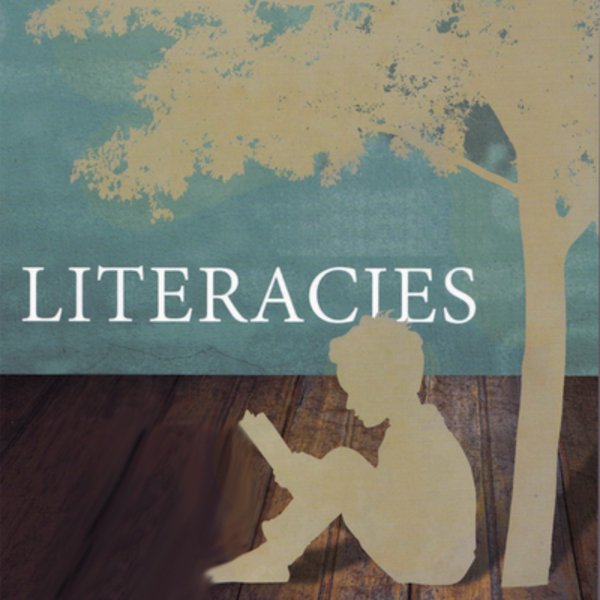Price:
1755 EUR
Contact
University of Illinois at Urbana-Champaign
Description
This course opens with an exploration of the social context and aims of literacy teaching and learning. It goes on to describe a range of historical and contemporary approaches to literacy pedagogy, including didactic, authentic, functional, and critical approaches. The course takes has a 'Multiliteracies' perspective, which aims to expand the definition of literacy to encompass today's multimodal communications, and the diversity of literacies across different social and culltural contexts. A Multiliteracies approach also suggests a broad range of activity types—experiential, conceptual, analytical and critical.
--------------------------------
Recommended Background
--------------------------------
This course is designed for people interested in literacy teaching and learning, including people who may wish to join education as a profession, practicing teachers interested in exploring future directions for a vocation that is currently undergoing transformation, and community and workplace leaders who regard their mission to be in part "educative."
--------------------------------
Related Resources
--------------------------------
This course is based on the following book:
https://www.amazon.com/Literacies-Mary-Kalantzis/dp/1107402190
Additional online resources are available here:
https://newlearningonline.com/literacies
https://newlearningonline.com/transpositional-grammar
--------------------------------
Take this Course for Credit at the University of Illinois
--------------------------------
This course has the same content and anticipates the same level of contribution by students in the e-Learning Ecologies course offered to graduate certificate, masters, and doctoral level students in the Learning Design and Leadership Program in the College of Education at the University of Illinois.
Of course, in the nature of MOOCs many people will just want to view the videos and casually join some of the discussions. Some people say that these limited kinds of participation offer evidence that MOOCs suffer from low retention rates. Far from it – we say that any level of engagement is good engagement.
On the other hand, if you would like to take this course for credit at the University of Illinois, you will find more information about our program here:
https://newlearningonline.com/kalantzis-and-cope/learning-design-and-leadership-program
And you can apply here:
https://education.illinois.edu/epol/programs-degrees/ldl
--------------------------------
The Learning Design and Leadership Series of MOOCs
--------------------------------
This course is one of a series of eight MOOCs created by Bill Cope and Mary Kalantzis for the Learning Design and Leadership program at the University of Illinois. If you find this MOOC helpful, please join us in others!
e-Learning Ecologies: Innovative Approaches to Teaching and Learning for the Digital Age
https://www.coursera.org/learn/elearning
New Learning: Principles and Patterns of Pedagogy
https://www.coursera.org/learn/newlearning
Assessment for Learning
https://www.coursera.org/learn/assessmentforlearning
Learning, Knowledge, and Human Development
https://www.coursera.org/learn/learning-knowledge-human-development
Ubiquitous Learning and Instructional Technologies
https://www.coursera.org/learn/ubiquitouslearning
Negotiating Learner Differences: Towards Productive Diversity in Learning
https://www.coursera.org/learn/learnerdifferences
Literacy Teaching and Learning: Aims, Approaches and Pedagogies
https://www.coursera.org/learn/literacy-teaching-learning
Multimodal Literacies: Communication and Learning in the Era of Digital Media
https://www.coursera.org/learn/multimodal-literacies
Specific details
Category of Education
Education







 How to resolve AdBlock issue?
How to resolve AdBlock issue? 


Comments (0)